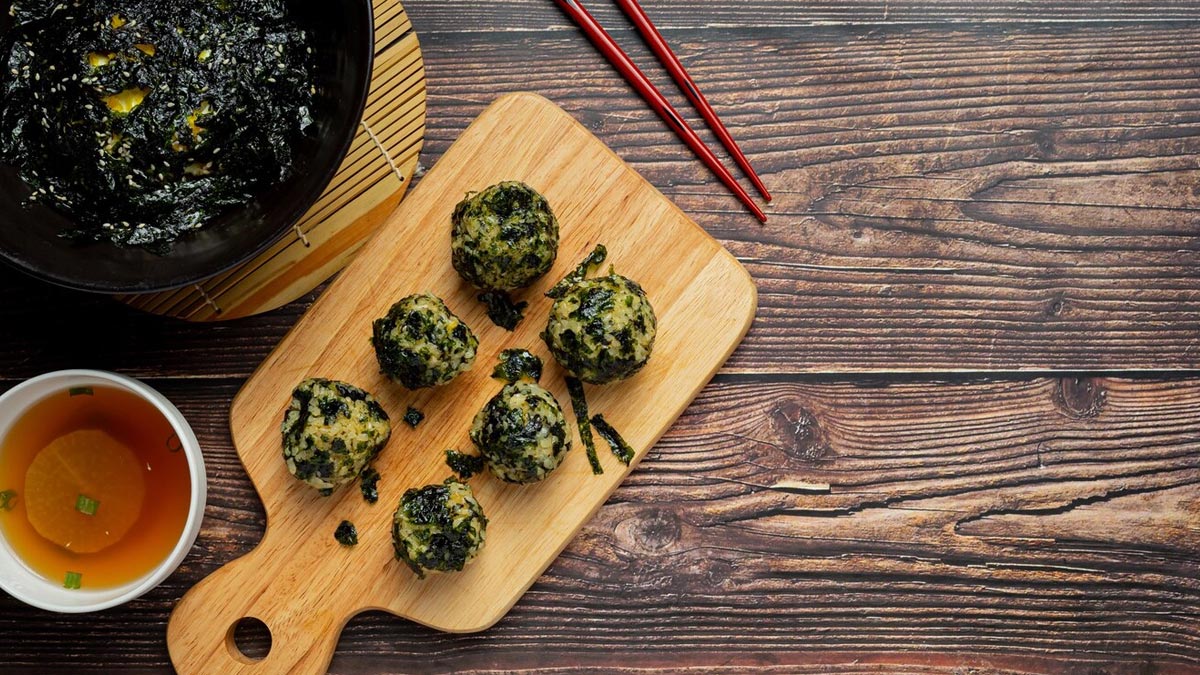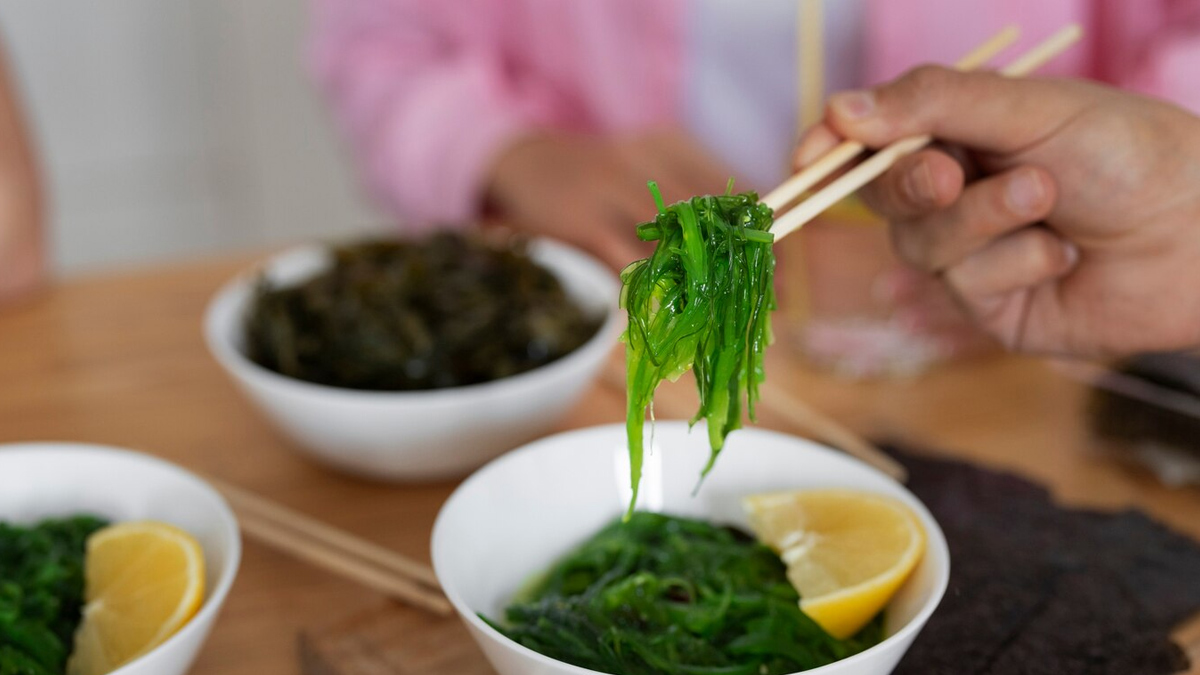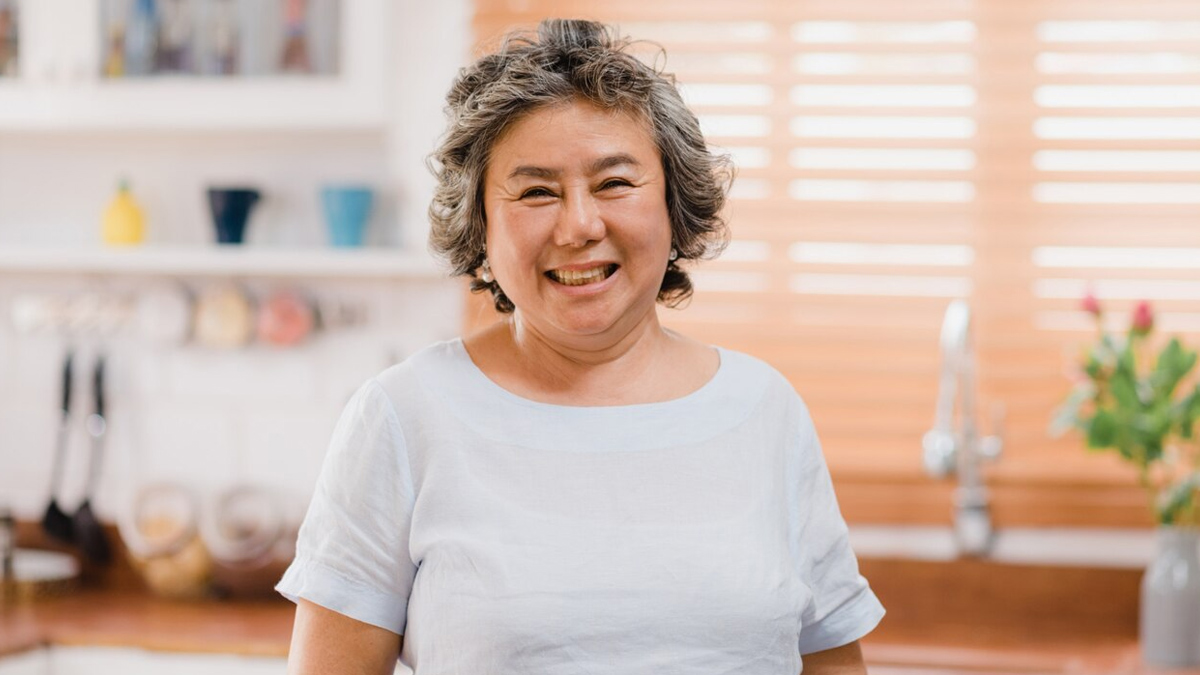
In a world where portion sizes are increasing and mindless eating has become the norm, the Japanese practice of Hara Hachi Bu may be one of the most unique and effective ways to maintain a healthy weight and overall well-being. Rooted in the traditions of Okinawa, a region known for its high number of centenarians, this simple yet effective eating habit teaches people to stop eating when they are 80% full.
Table of Content:-
Read to know more about this Japanese practice.
Also Read: Japanese Diet Secrets: Tips For Healthy & Beautiful Skin
What Is Hara Hachi Bu?

Hara Hachi Bu is an ancient Japanese eating philosophy that encourages mindful eating by stopping when you are about 80% full. This practice is deeply rooted in Okinawan culture, where people are known for their longevity and good health.
The phrase "Hara Hachi Bu" originates from Confucian teachings and serves as a reminder to eat in moderation. When you stop eating at 80% fullness, it allows your brain enough time to register satiety, preventing overeating.
How Hara Hachi Bu Promotes Weight Loss

The Japanese eating practice Hara Hachi Bu is said to help maintain a healthy weight. A study analysing dietary records of 330 individuals found that men who consistently practiced Hara Hachi Bu consumed fewer calories than those who did not. They also ate fewer grain dishes and more vegetable dishes, highlighting a shift toward healthier eating habits. These findings suggest that stopping at 80% fullness helps regulate calorie intake and promotes a more balanced diet.
To put it more clearly, here are some benefits of Hara Hachi Bu for weight loss:
Prevents overeating: By stopping before feeling completely full, you naturally consume fewer calories, reducing the risk of weight gain.
Improves digestion: Eating slowly and mindfully allows your body to process food more efficiently.
Encourages nutrient-dense eating: Since you are eating less, you become more mindful of what you consume, often choosing more nutrient-dense foods.
Supports longevity: Studies show that calorie restriction without malnutrition is linked to a longer lifespan and lower incidence of lifestyle diseases.
Also Read: What is the Kaizen technique? Exploring The Japanese Philosophy That Helps in Mental Well-Being
How To Practise Hara Hachi Bu

Here’s a guide to how you can practise Hara Hachi Bu:
Eat slowly: Take your time to chew and savour each bite.
Use smaller plates: This tricks your brain into feeling satisfied with smaller portions.
Listen to your body: Stop eating when you feel comfortably satisfied, not overly full.
Avoid distractions: Eating in front of the television or while scrolling on your phone can lead to mindless overeating.
Focus on nutrient-rich foods: Choose whole foods like vegetables, lean proteins, and healthy fats that keep you fuller for longer.
Conclusion
Hara Hachi Bu is more than just a weight-loss trick; it’s a lifestyle approach that encourages mindful eating, better digestion, and overall well-being. By practising this method, you can maintain a healthy weight, reduce the risk of chronic diseases, and cultivate a more balanced relationship with food. Adopting this simple yet powerful habit can lead to a healthier, longer life, just like the Okinawan people.
How we keep this article up to date:
We work with experts and keep a close eye on the latest in health and wellness. Whenever there is a new research or helpful information, we update our articles with accurate and useful advice.
Current Version